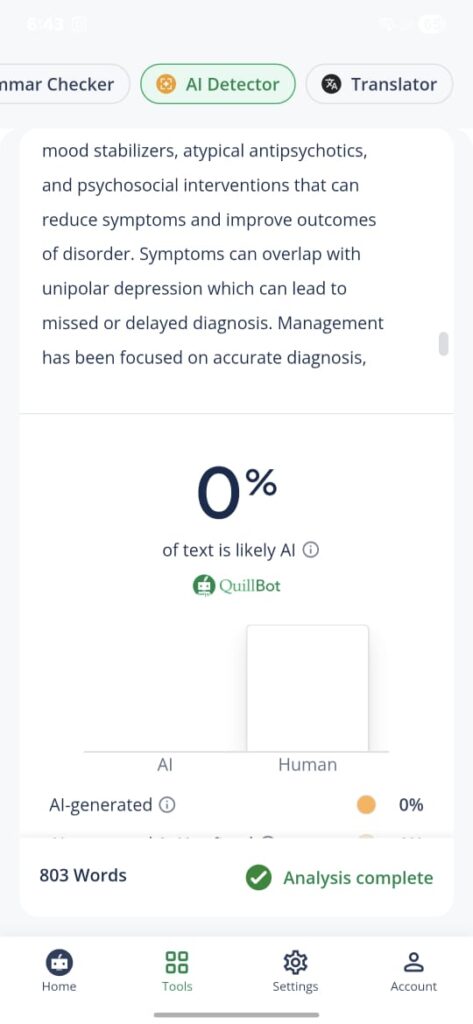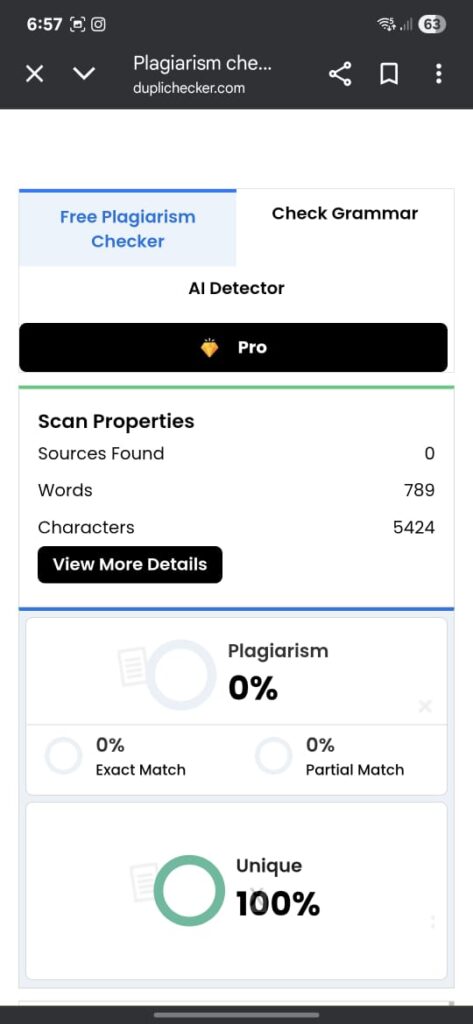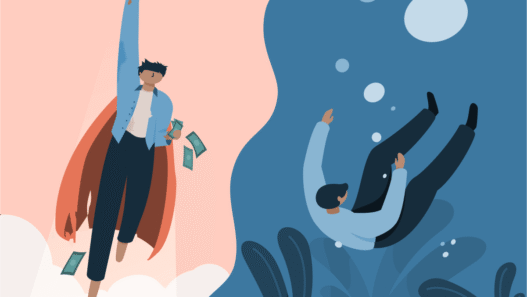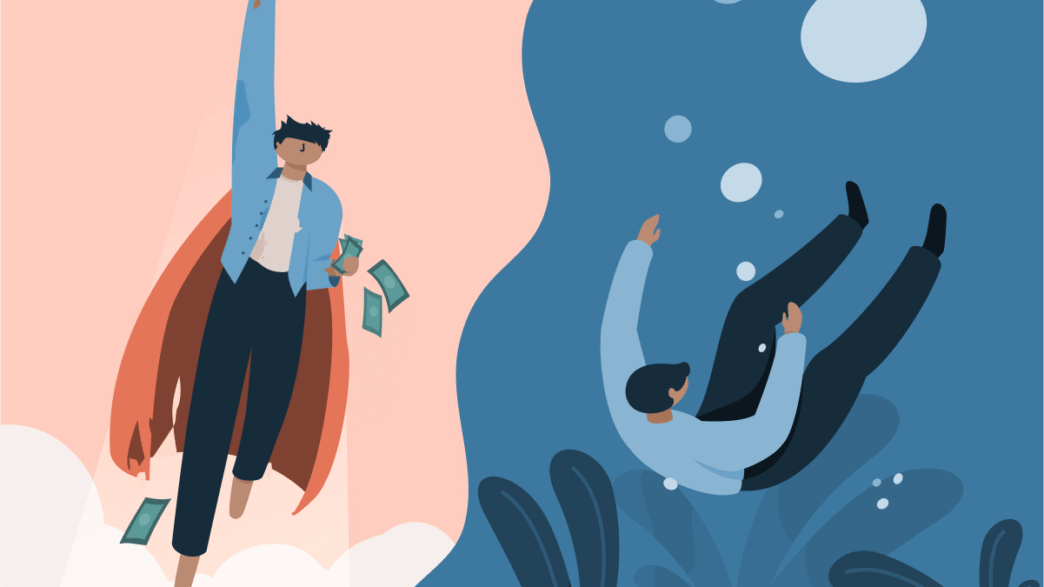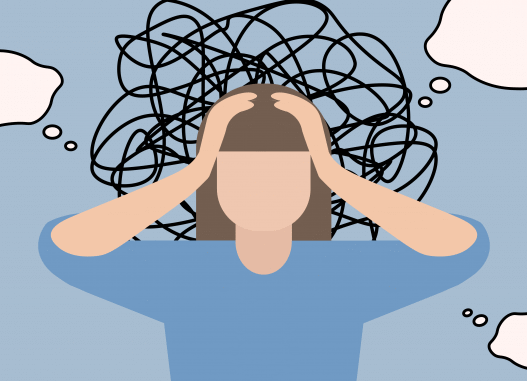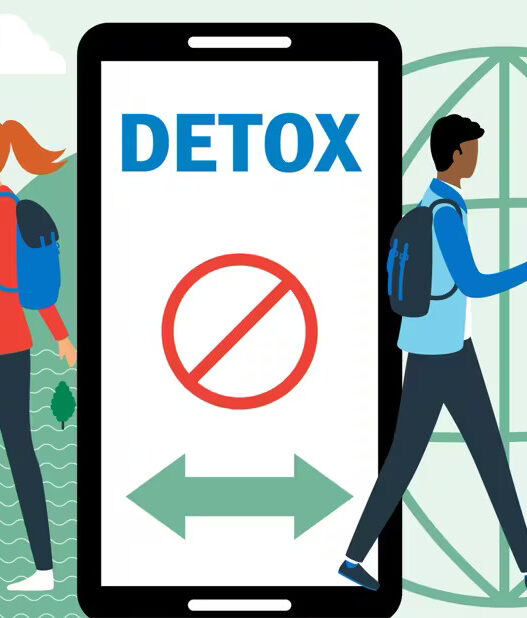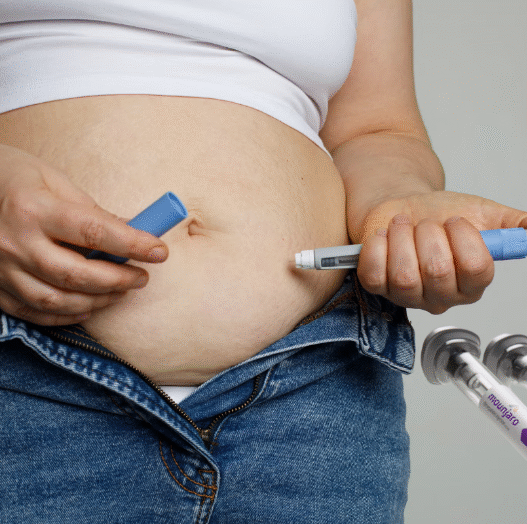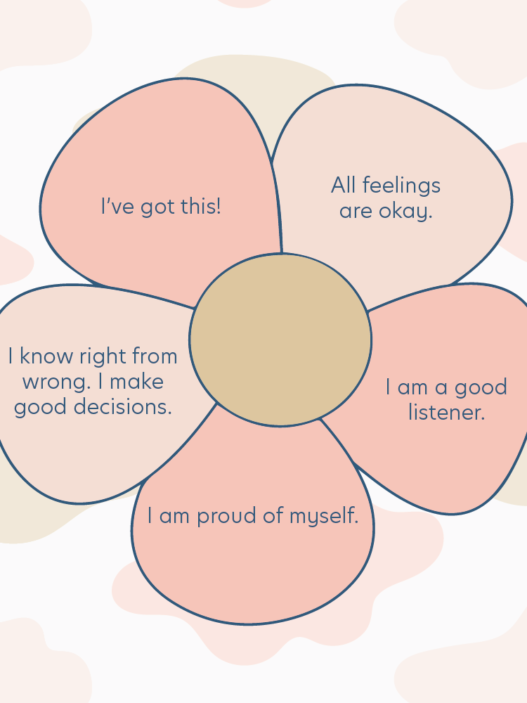Bipolar Disorder is a mental health condition causing extreme shifts in mood, energy, and activity levels. It is characterized by periods of elevated mood like mania or hypomania, and periods of intense sadness like depression.
Bipolar disorder can last for days to weeks and profoundly affect a person’s ability to function. The exact cause is unknown, bipolar disorder is linked to genetic, neurochemical, and environmental factors, with effective treatment available through medications and psychotherapy.
Bipolar disorder is a lifelong condition that requires ongoing management, social support can lead to improved functioning and quality of life.
What is Bipolar disorder?
Bipolar Disorder is a mental health disorder whose core feature is the disturbance in mood.
Mania is a dysregulated form of mood instability where an individual can feel elation (a feeling of great happiness and excitement) with accompanying disturbances in thinking and behavior.
Depression may be present, it is not necessary for a diagnosis. For diagnosis at least one lifetime manic episode.
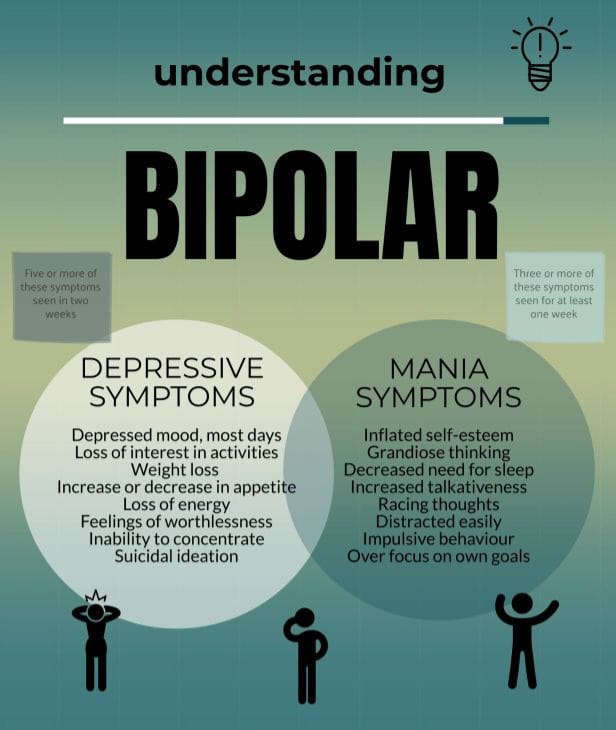
Types Of Bipolar Disorder
- Bipolar Ⅰ is a type of bipolar spectrum disorder characterized by the occurrence of at least one manic episode, with or without mixed or psychotic features.
- Bipolar Ⅱ is a mood disorder on bipolar spectrum, characterized by at least one episode of hypomania and one episode of major depression.
- Bipolar Ⅲ is also known as Cyclothymic Disorder or effective personality disorder that involves numerous periods of symptoms of depression and periods of symptoms of elevated mood.
- Other specified and unspecified bipolar and related disorders such as short duration hypomanic episodes and short duration cyclothymia, psychotherapy and medication is the treatment of these disorders.

Causes and Risk Factors
Genetic Factors have high heritability and polygenic risk, there is some genetic overlap between bipolar and other conditions like schizophrenia. Genetic counseling can provide information about your specific risk and testing option.
Brain chemistry and Biological disorders are specifically imbalances in neurotransmitters such as serotonin, norepinephrine, and dopamine along with the structural and functional brain differences.
Environmental and Lifestyle Triggers like significant stress including major life events, stress, childhood trauma, shifts in seasons and intrauterine infections are also thought to be risk factors.
Stress and Trauma are closely linked to bipolar disorder, individuals are experiencing trauma at much higher rates than the general population.

Signs And Symptoms
Mania and Hypomania symptoms include mood, energy, episodes, decreases in sleep and racing thoughts, impulsive and risky behavior, self-perception, psychosis and being easily distracted or finding it hard to focus. Symptoms can also be less intensive in hypomania, or occur with symptoms of both mania and depression at the same time of mixed episodes.
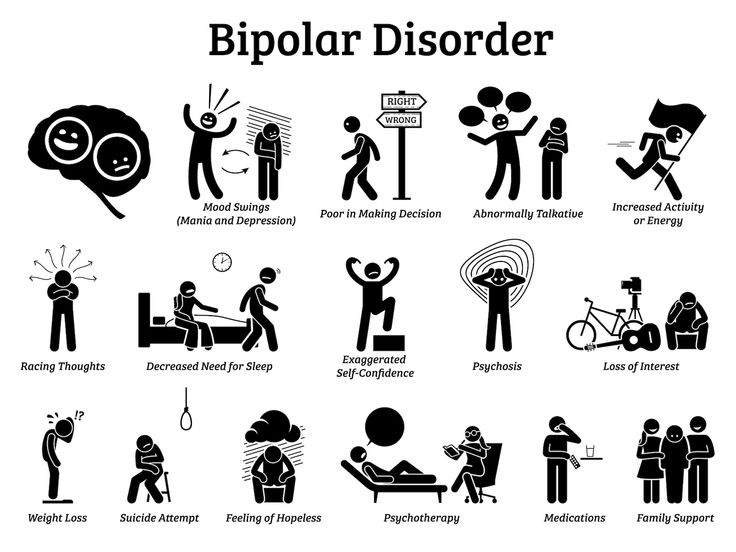
Diagnosis For Finding The Bipolar Disorder
Physical Exam
Your Healthcare professional may do a physical exam and lab tests to find any medical issues that could be causing your symptoms.
Mood Charting
You asked to keep a daily record of your moods, sleep patterns or other factors that could help to make the right diagnosis and get the right treatment.
Mental health assessment
A healthcare professional refers to the psychiatrist, who will talk to you about the thoughts, feelings and behavior patterns. Family members and friends can also be questioned for providing information about your symptoms.
Treatment Options
Treatment is guided by the medical doctor who diagnoses and treats mental health conditions such as psychiatric patients who are skilled in treating bipolar and related disorders. Bipolar disorder is a lifelong condition, with treatment directed to manage symptoms of this.
Depending on your needs, treatment may include medicines, ongoing treatment, intensive outpatient programs or a program involving a partial stay in a hospital, treatment for alcohol and drugs misuse.
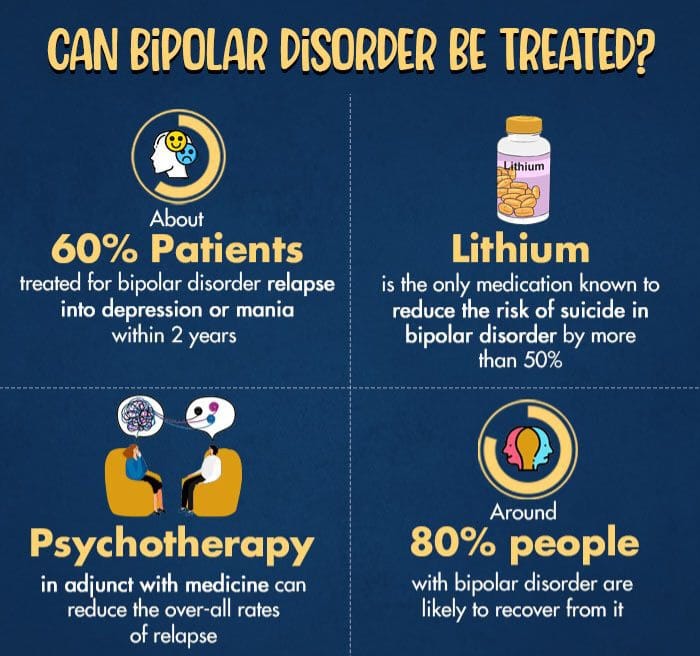
How can bipolar disorder affect your life?
Manic and depressive episodes can cause significant difficulties in all aspects of life, including at home, school and workplace. They may have specialized care to prevent the person from doing harm to themselves or others. Some people with bipolar disorder may experience hypomanic episodes.
Conclusion
Bipolar Disorder is a chronic and disabled condition that requires long-term management of mood swings.
No cure exists for effective treatments including mood stabilizers, atypical antipsychotics, and psychosocial interventions that can reduce symptoms and improve outcomes of disorder.
Symptoms can overlap with unipolar depression which can lead to missed or delayed diagnosis. Management has been focused on accurate diagnosis, pharmacological and non-pharmacological procedures, addressing common comorbidities to reduce the risk of patients and society.
